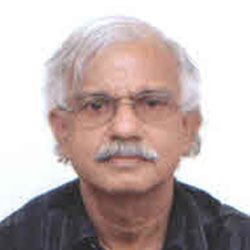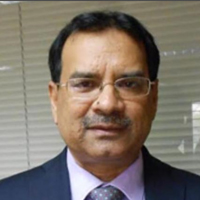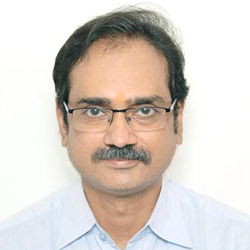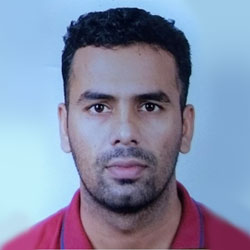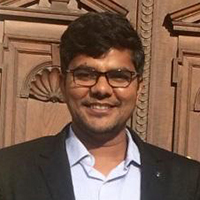Message from the Chief-Editor
 I am very happy to take over asthe Chief-Editor of Demography India, an online, biannual official publication of Indian Association for the Study of Population (IASP). Continuously been published for almost fifty years, it focuses on the population dynamics in India and abroad. Being interdisciplinary in nature, the journal provides a platform tothe national and international scholars working on multiple issues pertaining to population and development tocommunicate their research findings acrossthe different regions of the world. The articles published in the journal have always reflected the trend in population studies. Starting with technical concerns regarding estimation of fertility, mortality, migration, and urbanization in 1970s, over the years it has covered population policy issues, reproductive health concerns, gender, development and empowerment, nutrition, employment and the impact of digitalization. The journal is open to new ideas and frontier areas of quality research. Adding to its prestige, the journal has a sound peer review system.
I am very happy to take over asthe Chief-Editor of Demography India, an online, biannual official publication of Indian Association for the Study of Population (IASP). Continuously been published for almost fifty years, it focuses on the population dynamics in India and abroad. Being interdisciplinary in nature, the journal provides a platform tothe national and international scholars working on multiple issues pertaining to population and development tocommunicate their research findings acrossthe different regions of the world. The articles published in the journal have always reflected the trend in population studies. Starting with technical concerns regarding estimation of fertility, mortality, migration, and urbanization in 1970s, over the years it has covered population policy issues, reproductive health concerns, gender, development and empowerment, nutrition, employment and the impact of digitalization. The journal is open to new ideas and frontier areas of quality research. Adding to its prestige, the journal has a sound peer review system.
Our aim is to add to the prestige of Demography India, through a rigorous system of peer review, a standard formatting and language editing to bring it at par with the best international journals on population and related subjects. Both theoretical and empirical research papers, articles and notes are invited from social scientists and demographers based on large scale data, small primary data, meta-analysis and new theoretical discoursesfor the consideration of publication.
On behalf of the IASP and the editorial team, I express sincere thanks to all the reviewers for helping the journal with their scholarly comments, and recommendations in time, to enable publication of good contributions.
Arun Kumar Sharma
Emeritus Professor of Sociology (Ret.)
Indian Institute of Technology, Kanpur



 I am very happy to take over asthe Chief-Editor of Demography India, an online, biannual official publication of Indian Association for the Study of Population (IASP). Continuously been published for almost fifty years, it focuses on the population dynamics in India and abroad. Being interdisciplinary in nature, the journal provides a platform tothe national and international scholars working on multiple issues pertaining to population and development tocommunicate their research findings acrossthe different regions of the world. The articles published in the journal have always reflected the trend in population studies. Starting with technical concerns regarding estimation of fertility, mortality, migration, and urbanization in 1970s, over the years it has covered population policy issues, reproductive health concerns, gender, development and empowerment, nutrition, employment and the impact of digitalization. The journal is open to new ideas and frontier areas of quality research. Adding to its prestige, the journal has a sound peer review system.
I am very happy to take over asthe Chief-Editor of Demography India, an online, biannual official publication of Indian Association for the Study of Population (IASP). Continuously been published for almost fifty years, it focuses on the population dynamics in India and abroad. Being interdisciplinary in nature, the journal provides a platform tothe national and international scholars working on multiple issues pertaining to population and development tocommunicate their research findings acrossthe different regions of the world. The articles published in the journal have always reflected the trend in population studies. Starting with technical concerns regarding estimation of fertility, mortality, migration, and urbanization in 1970s, over the years it has covered population policy issues, reproductive health concerns, gender, development and empowerment, nutrition, employment and the impact of digitalization. The journal is open to new ideas and frontier areas of quality research. Adding to its prestige, the journal has a sound peer review system.